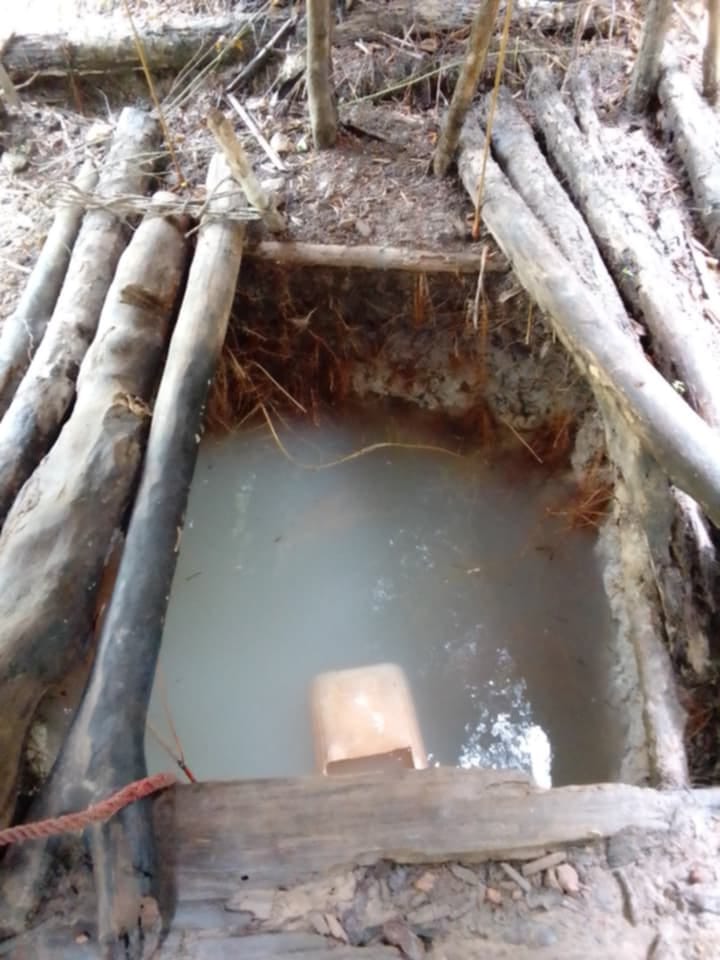Saybah Town, nestled within Electoral District #2 of Bong County, Liberia, carries a heavy burden: since its establishment in 1958, access to clean and safe drinking water has remained an elusive dream. For over six decades, the town’s residents have relied solely on an open well, a precarious source vulnerable to contamination, for all their water needs – drinking, cooking, bathing, and cleaning. This prolonged reliance on unsafe water has created a persistent public health crisis, impacting the community’s well-being and threatening the lives, particularly of the most vulnerable – children and the elderly. The town’s story underscores the stark reality of water scarcity and its devastating consequences in many parts of the world.
Elder Flomo T. Saybah, a revered community leader, has become the voice of Saybah Town, articulating the urgent need for intervention. His appeal to the Liberian government, local authorities, and humanitarian organizations highlights the dire situation and the escalating health risks faced by the community. The continued consumption of contaminated water has resulted in a surge of waterborne illnesses, including diarrhea, stomach ailments, malaria, and skin infections. These preventable diseases place an immense strain on the community’s health and further exacerbate existing vulnerabilities. Elder Saybah’s plea reflects the desperation of a community grappling with a basic human right denied.
The absence of even a single hand pump in Saybah Town starkly contrasts with the recognized importance of access to clean water as a fundamental human right. The United Nations Sustainable Development Goals emphasize the crucial role of clean water and sanitation in achieving overall health and well-being. Saybah Town’s predicament stands as a stark reminder of the significant gap between global aspirations for universal access to clean water and the harsh realities faced by communities like Saybah Town. The lack of basic infrastructure underscores the urgent need for targeted interventions to address this critical gap.
The community’s reliance on an open well exposes them to a multitude of health risks. Open wells are highly susceptible to contamination from various sources, including surface runoff carrying pollutants, animal waste, and human activities. This contamination introduces harmful bacteria, viruses, and parasites into the water, making it unsafe for consumption. The resulting waterborne diseases can cause severe dehydration, malnutrition, and long-term health complications, particularly for children and the elderly whose immune systems are more vulnerable.
Elder Saybah’s appeal for at least one hand pump represents a modest yet vital request. A hand pump would provide a relatively simple and cost-effective solution to access safe drinking water, significantly reducing the risk of waterborne diseases. The installation of a hand pump would not only improve the immediate health outcomes of the community but also empower them to take control of their water supply. This small intervention would have a profound impact on the overall well-being and quality of life in Saybah Town.
The plea from Saybah Town resonates with the broader challenges faced by many communities in Liberia and across the developing world struggling with limited access to essential resources. The story of Saybah Town serves as a poignant reminder of the urgent need for sustained investment in water infrastructure and sanitation services. It underscores the importance of collaborative efforts between governments, non-governmental organizations, and international partners to ensure that all communities have access to clean and safe drinking water, a fundamental human right essential for health, dignity, and sustainable development. The hope remains that Saybah Town’s call for help will be answered, bringing an end to their decades-long struggle for clean water and ushering in a new era of health and well-being.














